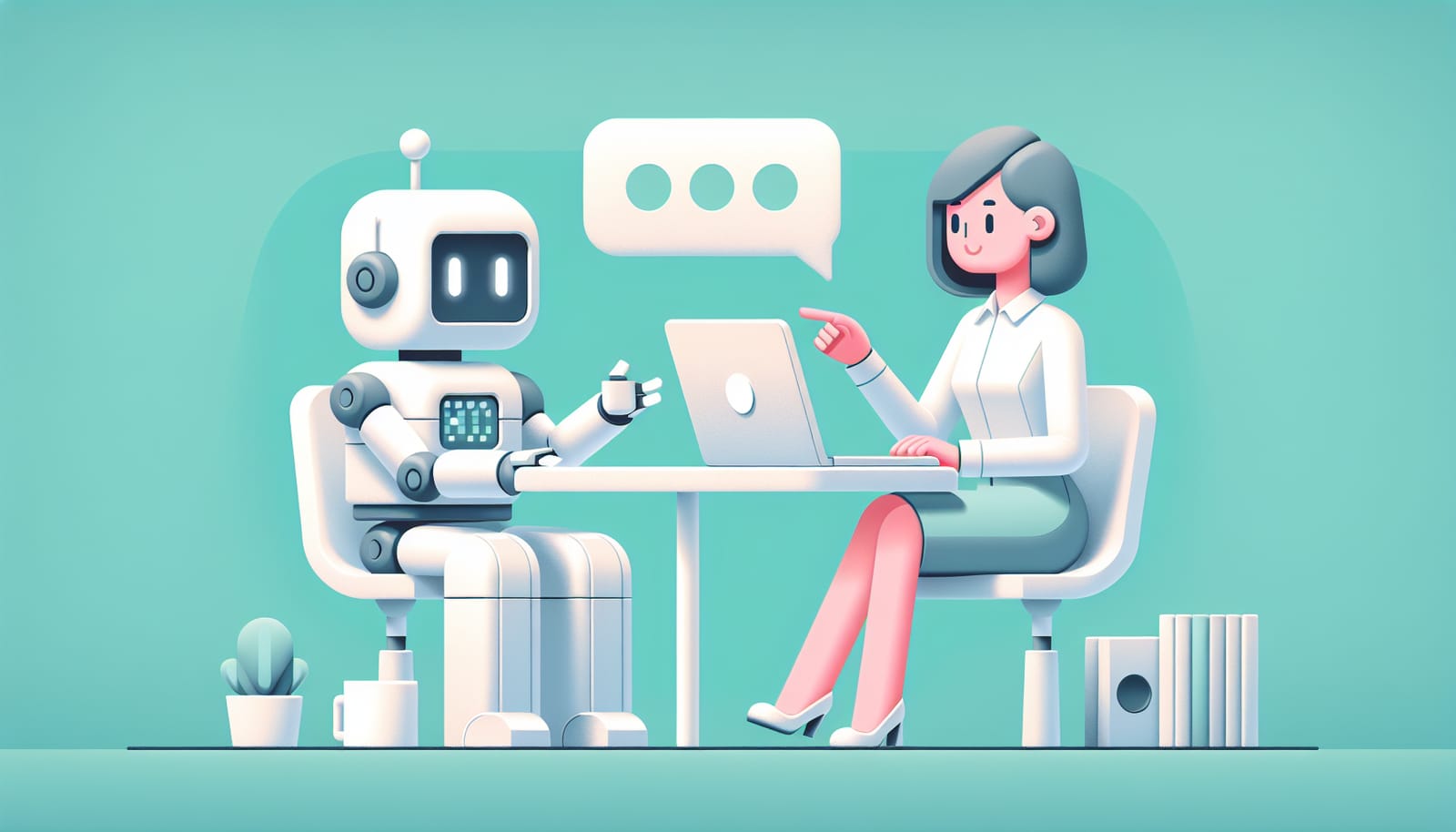Artificial Intelligence (AI) is a fascinating topic that captures the imagination of people around the globe. From self-driving cars to virtual assistants like Siri and Alexa, AI is becoming an integral part of our daily lives. But have you ever wondered why some AIs seem to be smarter than others? In this article, we'll explore the reasons behind this phenomenon in a way that's easy to understand for everyone, regardless of their background in technology.
Understanding AI: The Basics
Before diving into what makes some AIs smarter, it’s important to know what AI really is. At its core, AI refers to computer systems that can perform tasks that typically require human intelligence. These tasks include understanding natural language, recognizing patterns, solving problems, and even learning from experience.
AI operates through various methods, but one of the most common is called machine learning. This is when an AI system learns from data, improving its performance over time without being explicitly programmed for each task. You can think of it like teaching a pet new tricks; the more you train them, the better they get!
Data: The Fuel for AI
One of the main factors that determine how smart an AI is, is the quality and quantity of data it has access to. Imagine trying to learn about the world with only a handful of books versus having an entire library at your disposal. The more data an AI has, the better it can learn and make decisions.
For example, an AI trained on a wide range of images can recognize animals, objects, and even emotions. If it only has a few images of cats, it might struggle to identify them accurately. On the other hand, if it has thousands of images to study, it will become much better at distinguishing cats from dogs or other animals.
Algorithms: The Brain Behind AI
While data is crucial, the algorithms, or the set of rules and processes that AI uses to learn, are equally important. Algorithms dictate how an AI interprets the data it receives. Think of algorithms as recipes; just as a recipe tells you how to combine ingredients to make a dish, an algorithm tells the AI how to process data to achieve a specific goal.
There are many different types of algorithms, and some are more complex than others. For instance, deep learning algorithms, which are inspired by the way human brains work, can process vast amounts of data and learn intricate patterns. This complexity often leads to smarter AIs that can perform tasks like image and speech recognition with incredible accuracy.
Training: The Learning Process
Training is a crucial step in developing an AI. During this stage, AI systems are exposed to large datasets, allowing them to learn and improve. AIs are often trained using a method called supervised learning, where they are given labeled data. For example, if you want an AI to recognize different types of fruits, you would show it many images of apples, oranges, and bananas, each labeled accordingly.
The training process can take a lot of time and computing power, which is why some AIs are smarter than others. Those with more resources and better training techniques often outperform others that lack these advantages.
Specialization: One Size Doesn’t Fit All
Another reason some AIs seem smarter is specialization. Just like a person who focuses on one subject can become an expert, AIs can be designed to excel in specific areas. For example, an AI built to play chess might perform exceptionally well in that game but struggle with tasks outside of it.
Conversely, a more generalized AI, like a virtual assistant, can handle a range of tasks but might not outperform specialized AIs in their respective fields. This specialization can make certain AIs appear "smarter" in their niches, even if they aren't as versatile overall.
Human Input: The Power of Collaboration
Lastly, the human element cannot be overlooked. Humans play a vital role in developing and refining AI. They design the algorithms, curate the datasets, and provide feedback during the training process. This collaboration between humans and machines helps to create smarter AIs.
For instance, researchers often work together to improve AI performance by sharing data, algorithms, and findings from experiments. This collective effort accelerates advancements in the field and leads to the development of more intelligent systems.
The Future of AI: Endless Possibilities
As we move forward, the potential for AI is limitless. With advancements in technology, the ability to gather data, and improve algorithms, we are on the brink of creating even smarter AIs. Imagine AIs that can help with medical diagnoses, climate modeling, or even personalizing education for students!
By understanding what makes some AIs smarter than others, we can appreciate the incredible potential and challenges that come with this technology. While AIs may never fully replicate human intelligence, they can assist us in ways we never thought possible.
Conclusion: Embracing AI
In conclusion, the intelligence of AI systems is determined by a combination of factors, including the data they learn from, the algorithms they use, the training process they undergo, their specialization, and the collaboration with humans. By grasping these concepts, we can better understand and appreciate the incredible advancements in AI technology.
As you explore the world of AI, remember that it's not just about machines; it's about the collaboration between humans and technology that drives innovation. Embrace this exciting journey, and who knows? Perhaps you'll even contribute to the next breakthrough in AI!
So, whether you're a curious child, a tech enthusiast, or someone just intrigued by the wonders of AI, there's always something new to learn. Here's to a future filled with smart, helpful AIs that make our lives easier and more enjoyable!


